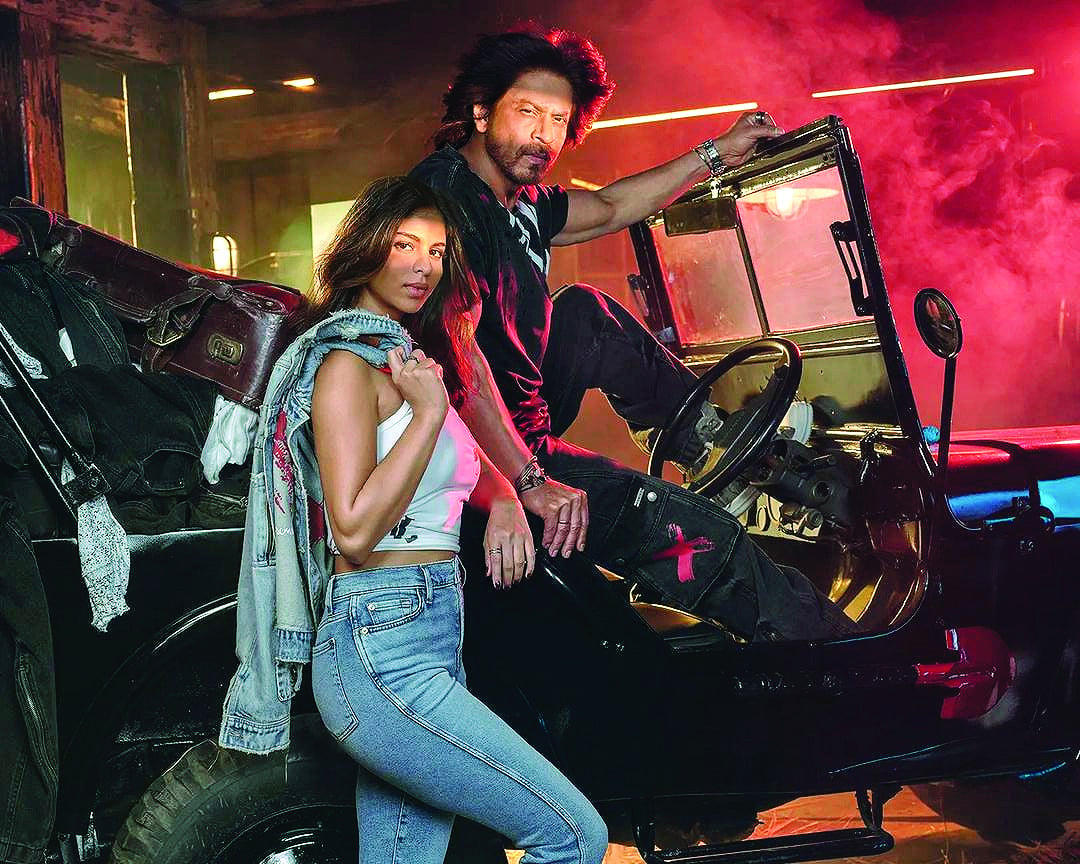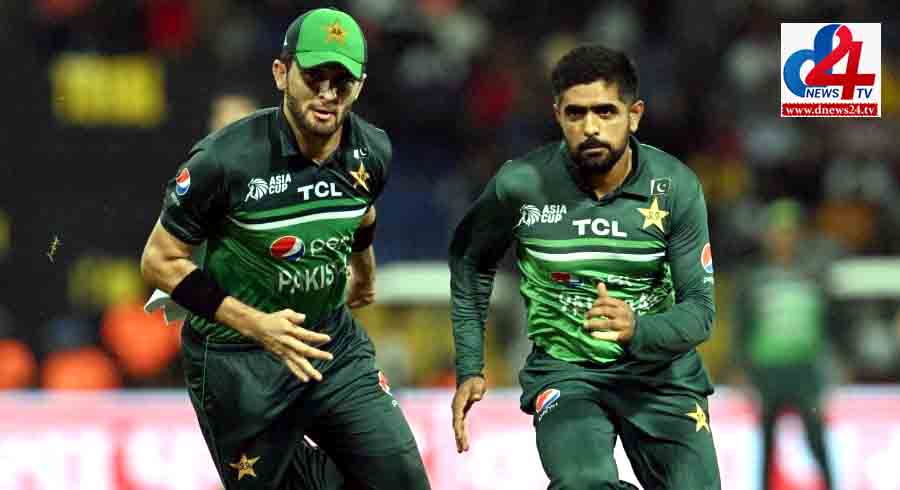KARACHI:
Take a second to look back on how you prepared for your first-ever film or show or anything similar. Even remembering what your first-ever film was is a challenge unto itself, let alone being able to recall the events leading up to the experience. But I’m fairly certain that I’ll remember my first play at the National Academy of Performing Arts (NAPA) as I watched it just this week.
As I settled in a seat and let Alamgir’s melodious voice distract me through the precursory minutes, I wondered what to expect from the play and from live acting in general. Whatever thoughts preceded my viewing, I no longer remember them. But I do remember not expecting to be drawn in a trance by the various aspects of Buddha Mar Gya Kya? yet I indulged every minute of it.
A brief overview
Written and directed by Sameena Nazir, Buddha Mar Gya Kya? is an adaptation of Neil Simon’s The Sunshine Boys. The synopsis on NAPA’s Instagram handle reads, “The play tells the story of two veteran comedians, Kamal Raziuddin and Omar Malik, who reunite after years for a comedy sketch. Their quirky personalities lead to endless bickering, unexpected tension, and plenty of laughs!”
With that promise immortalised in text, the narrative takes the audience on the tumultuous journey of two artists grasping at the withdrawing ends of their prime. The setting grounds itself in the present lives of Kamal and Omar, not once relying on the aid of flashbacks, yet it masterfully crafts a dynamic that spans decades of precarious companionship that is reluctant to fully fall apart.
A heart-robbing cast
From the get-go, Samhan Ghazi’s incredible performance as the senile yet hysterically witty Kamal steals the audience’s attention and keeps it clutched in a firm grip. Starting off strong, he sells every bit as if the world of realism is invisible to him. With a moustache drooping low and a stride that is perpetually at odds with his age, Kamal delivers sentiments like dialogues that offer a taste of how remarkable he must be during his prime.
Paralleling him is Saad Zameer Faridi’s Omar, who at first tricks the audience into thinking that he’s the more pensive one out of the two, until a minute clash with Kamal unravels his layers all at once. These two bring out the absolute worst in each other, and the audience is all the merrier for it. Omar’s commanding presence shines the more he demonstrates his grudge, and the actor takes the cake even as he plays a role within a role in a later act.
Another performance that must not be overlooked is Kashif Hussain as the exasperated nephew, Moid. The familial chemistry between him and Kamal is a treat every time he mounts the stage and fails at talking his uncle out of age-driven stubbornness. Where the veteran comedians are the estranged edges of the show, Moid is the anchor helming them, pulling them together through wholesome gestures that come as pleasant bits of surprises in a generously comedic play.
And the praises are void without lauding Rachna Kirpalani as the exuberant nurse, who lifts spirits even as misery plagues the male characters. With this character, the brazen touches are taken up an unexpected notch, and she embodies each disparate aspect of her personality with utmost excellence.
The creator’s insights
Before the curtains drew apart, Sameena Nazir took to the stage and addressed the audience on her own, relaying her foreword and reminding the spectators to let loose if a chuckle struck them at any point. It’s only fitting for a play about comedians to prompt roars of laughter, and with respect to that, Sameena reminded those watching to not fear judgement if they wanted to express their enjoyment out loud.
In a later conversation with The Express Tribune, the director shared that she read The Sunshine Boys five years ago, which inspired her to create the fantastic creation that we have now. “When I began writing this, I had many diverting references around me, such as Bushra Ansari and Moin Akhter—those who are with us and those who aren’t,” she said. “So in that regard, I faced no difficulties.”
Sameena, who is also a teacher at NAPA, further elaborated that the play is a celebration of friendship, from actors to students, and the varying shades and flavours of it. It is the exploration of this category of relationships that she enjoys writing the most.
“I have done everything from scratch. I’ve been involved in the directing, the set design, the lights. Since I graduated from here, I’ve been very invested in these things. The teamwork has been incredible, including the rehearsal process, so my heart is content,” she shared.
The writer feels that there is a world of difference between the content available on television and that which is performed on stage. “Our television offers a different variety of narratives, catered to commercial goals or something of the sort,” she said. “The hidden vision blooms when it is presented in the theatre. That’s why I spend more time here, to teach up-and-coming artists to take this further. It is our responsibility that once we graduate, we teach those younger than us how to do this.”
Sameena even confirmed that the theatre is where her heart lies, and after watching and listening to how she brought this masterpiece to life, it is difficult to disagree. Buddha Mar Gya Kya? is a production made from the endless labour of love, spanning the portrayals that the eye can see and the efforts that are obscured behind the curtains.




